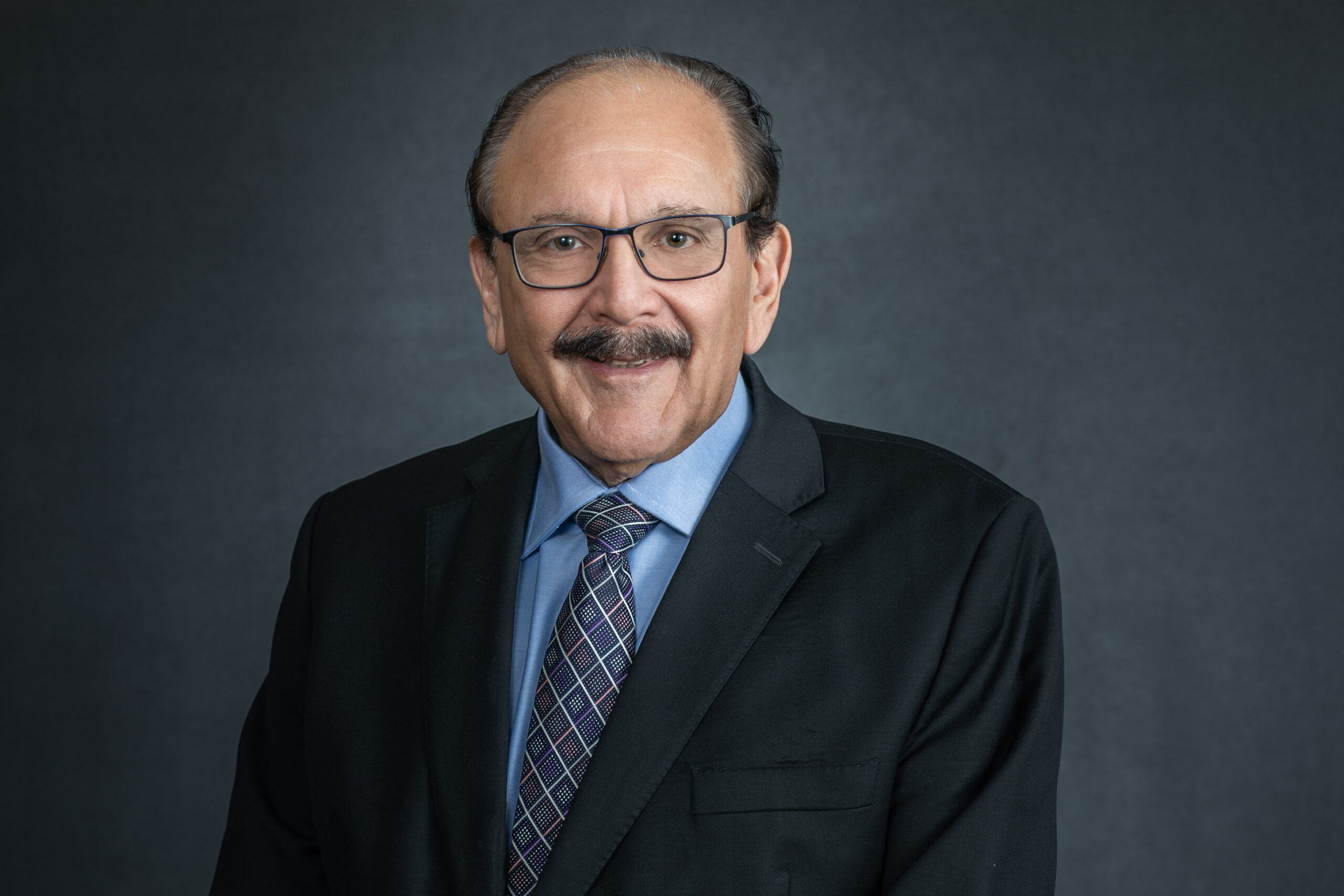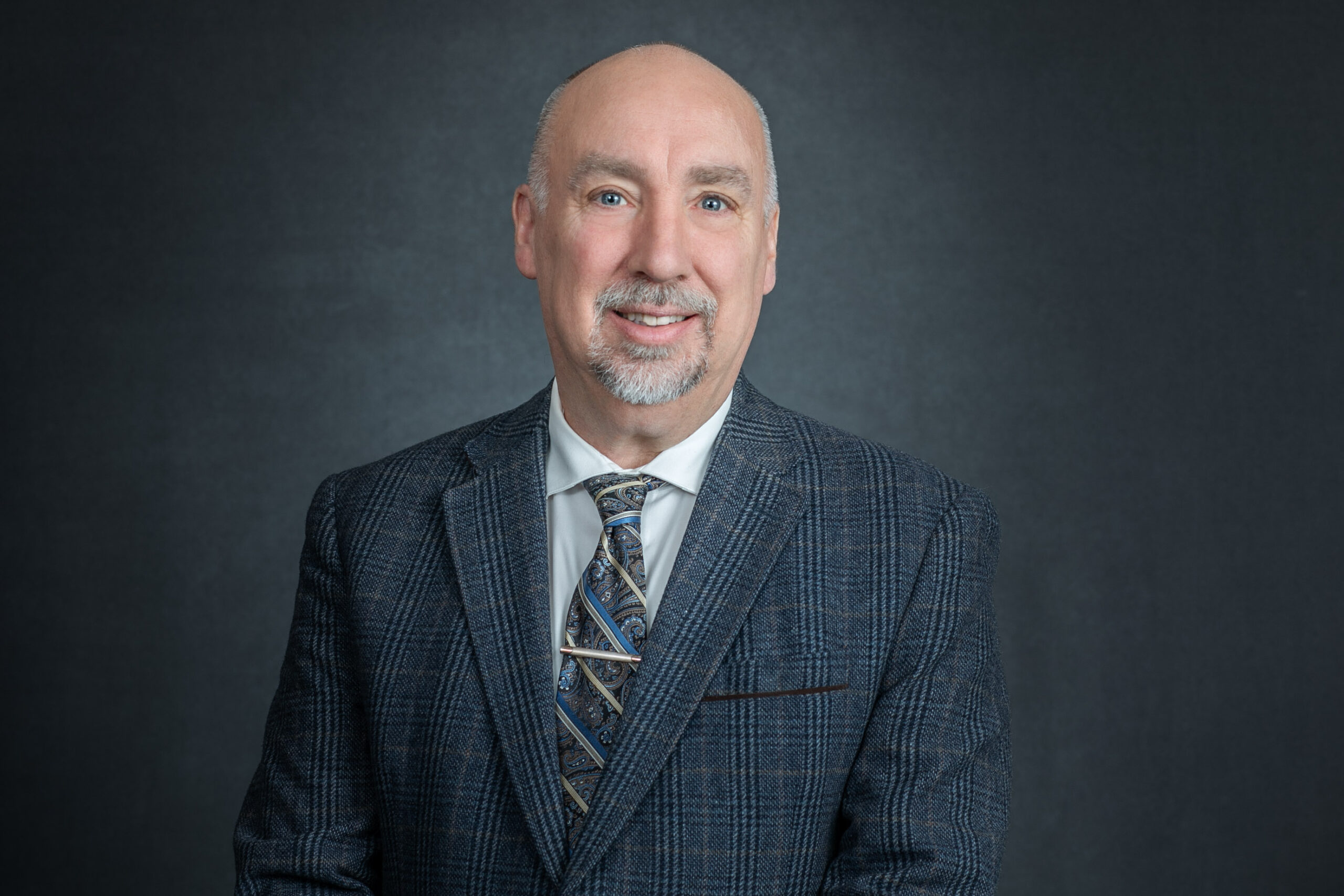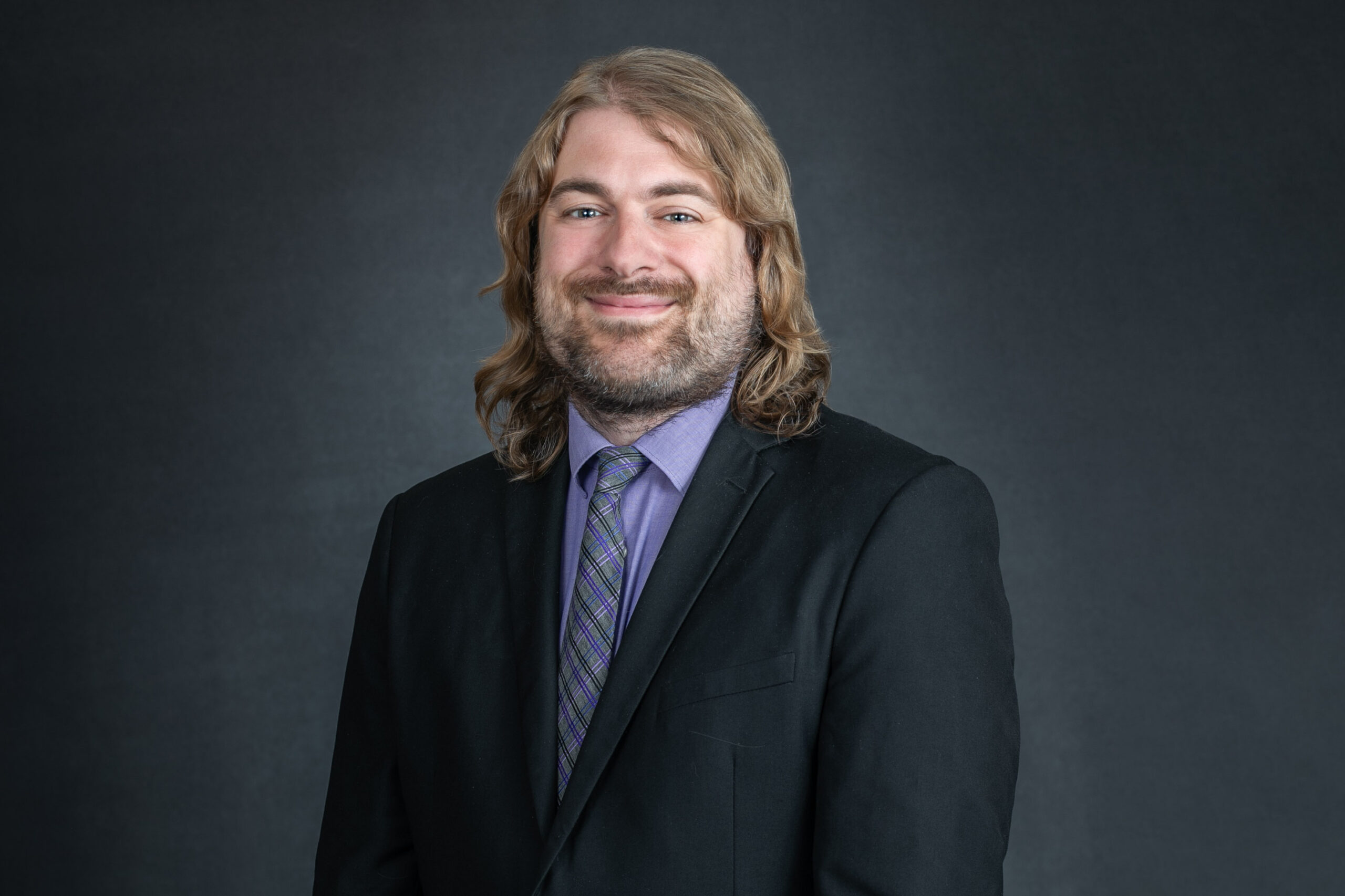
One Of Life’s Harsh Realities
One of the harsh realities of life is that our loved ones are unfortunately not going to be with us forever. You may ask yourself, what needs to be done after your loved ones have passed away? The answer to that question has many answers depending on whether the person who passed away has an estate plan, their family dynamics, your relationship with the person who passed away, and the assets that person had and how those are handled within their estate planning documents. Our Warren, MI probate lawyer probate can help you to determine what needs to be done.
Common Legal Terms In Probate And Estate Planning
In probate and estate planning, there are legal terms used to describe the people involved and their relationship to the trust and/or probate estate. Let us quickly review some of the more common terms.
- The person who passes away and leaves an estate is called the decedent.
- The person or entity in charge of managing and distributing the assets of the trust is called the Trustee.
- The person or entity in charge of managing and distributing the assets of a probate estate is called a Personal Representative.
- The people or entities entitled to receive distributions from the trust or the estate are called the beneficiaries.
It is possible to have more than one Trustee of a trust, or more than one Personal Representative of a probate estate. In this case, the Trustees are called Co-Trustees of the trust, and the Personal Representatives are called Co-Personal Representatives. It is also possible for the same person to have more than one title, such as being both a Trustee and beneficiary of a trust.
What If The Decedent Had An Estate Plan?
If the decedent passed away with an estate plan, numerous things can happen. If the decedent had a properly funded trust or had co-owners and beneficiaries on all of their assets, then the probate process should not be necessary. With a trust, the Trustee of the trust will be in charge of distributing the decedent’s trust assets pursuant to the terms of the trust. The beneficiaries and other family members have no obligation to do anything.
If the decedent’s assets had co-owners or beneficiaries on them, the living co-owners and beneficiaries should take the decedent’s death certificate to the institution where the asset is held and have the asset transferred to their names.
When Probate May Still Be Required
However, there is still room for probate depending on several factors:
- The way the asset was titled with the co-owners and beneficiaries
- If a beneficiary passed away prior to, or at the same time as the decedent and a replacement beneficiary is not named
- If there is ambiguity in the co-ownership or beneficiary designations
There are other detriments to this method of handling a decedent’s assets, but that is a different topic for another time.
When There Is No Trust
If the decedent did not have a properly funded trust, died only having a last will and testament, or with no estate planning documents at all, then what needs to be done next likely means going to probate.
What happens in probate varies based upon familial relationships of the decedent as well as what the trust or will of the decedent, if any, state. We will begin to explore what needs to happen in these instances in our subsequent blog posts. If you have questions about probate, what to do with the business of someone who died or is incapacitated, or need help with other issues that come up after a loved one has passed, the dedicated team at Gudeman & Associates, P.C. is here to help. Contact us today.






